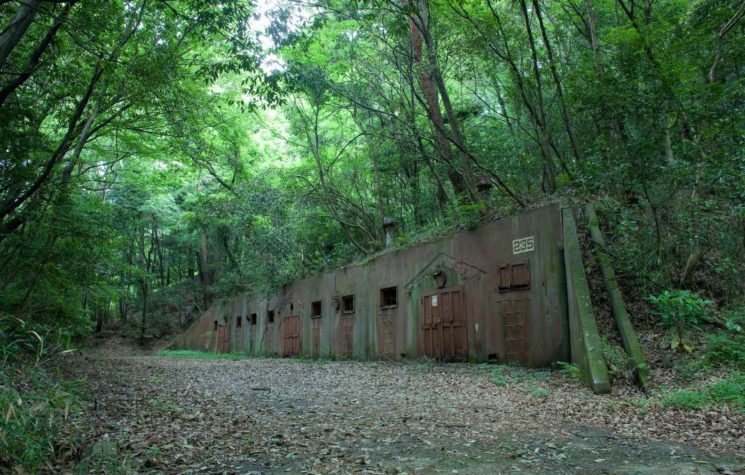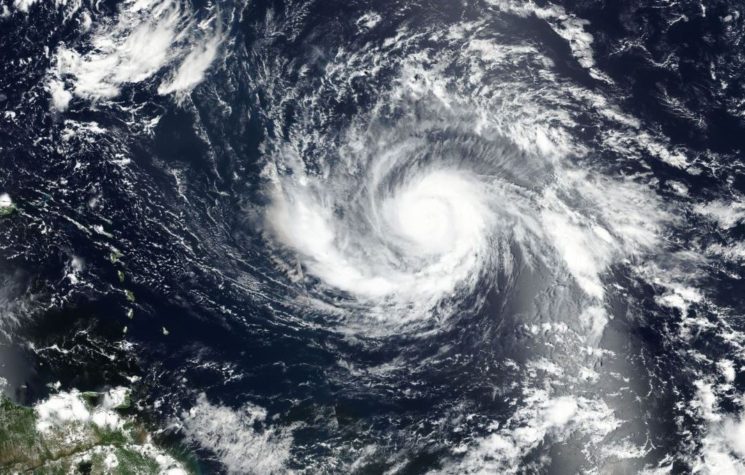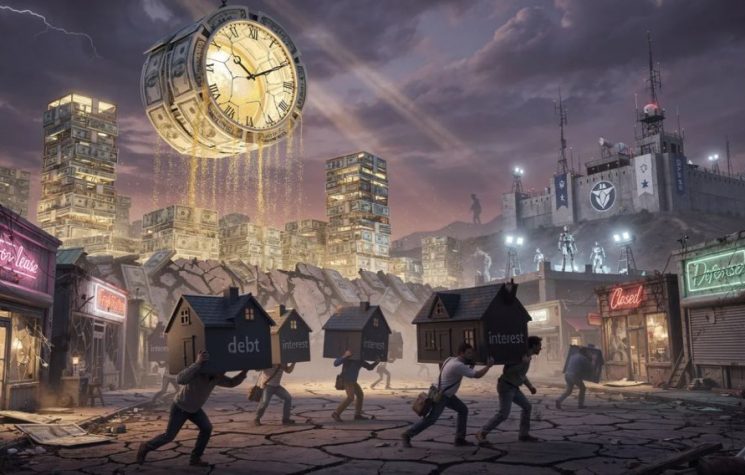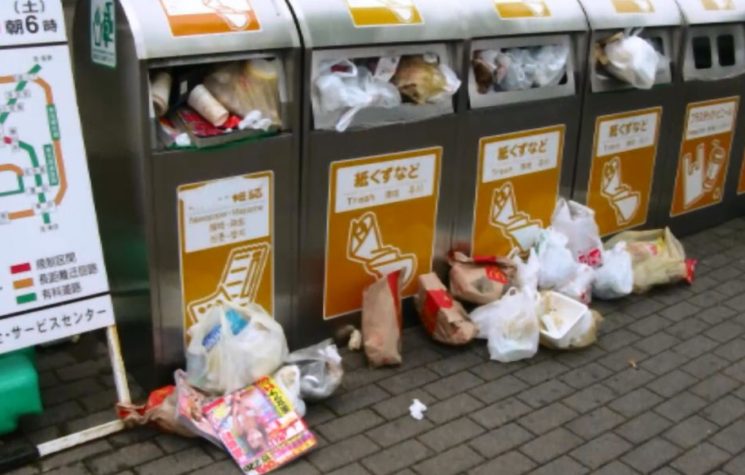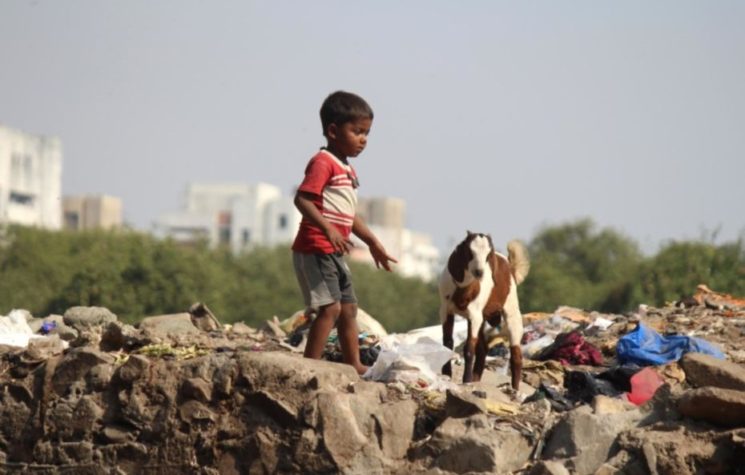This week, a ‘canary in the coal mine’ turned up dead, providing yet another ominous augur that something is seriously out of whack with Planet Earth. But judging by the reaction, or lack of it, most people shrugged off the news as a price they must pay for their hedonistic, materialistic lifestyles.
On the weekend, the world was treated to one of those dismal stories that most individuals, not wanting to spoil their morning cup of coffee, turned way from in disgust and pity.
“Stranded dolphin in Florida had plastic bags, balloons in stomach,” read the headline in the Tampa Bay Times.
This is one of those distressing topics – the ‘plasticization’ of the rivers, oceans and seas from excessive consumer waste and stupidity – that we’ve become familiar with to the point of ennui and even disdain. The great majority of people most likely skimmed that story with a shake of the head and quickly moved on, thinking there wasn’t much they could do to change the situation anyways. Unlike the world of politics or sports, for example, where we like to believe that human beings have some command of the situation, when it comes to dead dolphins and dying oceans, well, that’s just an altogether different ball game. Besides, what the hell did that stupid dolphin think would happen if he ate a bunch of plastic bags and balloons?
Michelle Kerr, a biologist with the Florida Fish and Wildlife Research Institute, was quoted as saying the rare rough-toothed dolphin was emaciated and in such a poor state that the decision was made to “humanely euthanize on-site.”
The natural response to such a depressing story falls somewhere between ‘well, what can I do about it?’ to ‘hopefully the problem is not too bad, but even if it is I am sure the world of science will find a cure. Gee, I wonder how the Yankees did last night…’
Meanwhile, the very clever Homo sapiens find themselves in a race against time to stave off ultimate disaster unless some wunderbar biologist develops some newfangled technology to help save Capitalism, not to mention the planet. The ecosystem has been brought to the brink of disaster whereupon trifling, tinkering ‘Men with High Degrees’ enter stage right to the sound of trumpet blasts and, assuming all the ethereal power of God himself, are expected to put everything right again in the universe. Basically, your average ten-buck Hollywood thriller with one minor difference: this time it’s for real.
Take for example the Great Pacific Garbage Patch (GPGP). This floating junkyard, sloshing around between Hawaii and California, is estimated to cover some 1.6 million square kilometers (or 617,763 square miles). In other words, about twice the size of Texas.
According to The Ocean Cleanup non-profit, there are more than 1.8 trillion pieces of plastic floating around in the GPGP that weigh an estimated 80,000 tons, or, for those who prefer visuals, the weight of about 500 jumbo jets. Needless to say, unless something changes fast, the greatest testament to laissez-faire capitalism will not come from our glistening corporate skyscrapers blocking out the sunshine, but dead oceans overflowing with the refuse of a dead society that was too obsessed with moneymaking to preempt an impending disaster from happening.
And make no mistake this is a disaster waiting to happen. Even in the remote Galapagos Islands, which are situated 1,000 miles off the coast of South America in the Pacific Ocean, the once-pristine waters are being inundated on a daily basis with plastic debris from around the world. Locals spend mornings cleaning up the shoreline instead of collecting seashells. The exotic animals that the evolutionist Charles Darwin examined as the foundation for his famous work, ‘On the Origin of the Species’, are still there, but they are threatened by the increasing levels of plastic and other debris in the ecosystem.
And it is not just the ‘aesthetics’ of watching millions of discarded plastic items bobbing on the surface of the water that is so disturbing. The real problem is that over the years the plastic begins to break down (as opposed to decompose, as carbon-based material does in a natural cycle) and turns into small bits of microplastics. At this stage it will enter the food chain, first through the digestive system of fish, eventually to be consumed by humans. And due to a biological process known as ‘biomagnification,’ a chemical toxin exists in living organisms at greater concentrations the higher up the food chain you go. You needn’t be a rocket scientist to understand where this will lead once it reaches the human population. The fact that these toxins have already contaminated the breast milk in feeding mothers should sound the alarm.










